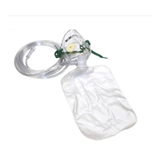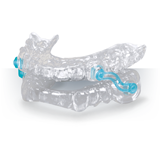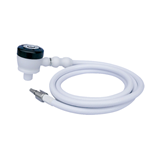That is the assertion of Premdharan Meyyan, research and consulting firm GlobalData's analyst covering Medical Devices.
Furthermore, according to Meyyan, TMVR device makers are expected to utilise the relatively lax regulatory approval process in the European market to test new products and amass clinical data, with first-generation devices likely to be approved within the next five years.
As mitral valve regurgitation patients comprise the largest segment of the US population suffering from heart valve-related disorders, some of whom cannot be treated by conventional surgical repair methods due to associated comorbidities or other risk factors, there is a need for minimally-invasive therapies that will ultimately improve clinical outcomes.
Meyyan says: "Following the shake-up of the surgical heart valve market with the emergence of minimally-invasive transcatheter aortic valve replacement (TAVR) procedures, key opinion leaders have asserted that a similar opportunity exists for companies to discover the easiest and safest way to put devices into the mitral position.
"Although the complex anatomy of the mitral annulus makes successful implantation of a prosthetic device in this position more difficult than in the aortic position, major prosthetic heart valve manufacturers, such as Edward Lifesciences, are already executing TMVR development alongside their existing product lines."
The analyst adds that numerous smaller companies, including Neovasc and Micro Interventional Devices, are making a focused effort to develop technologies that overcome the clinical barriers specific to mitral valve replacement.
"While these devices are still years away from commercialization, early movers in the TMVR space are poised to seize considerable shares from key players in the billion-dollar prosthetic heart valve market, due to the large patient base," Meyyan concludes.








